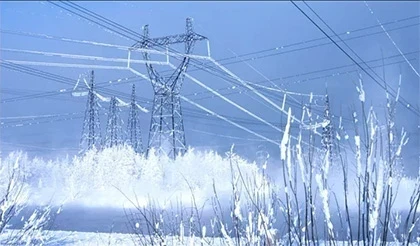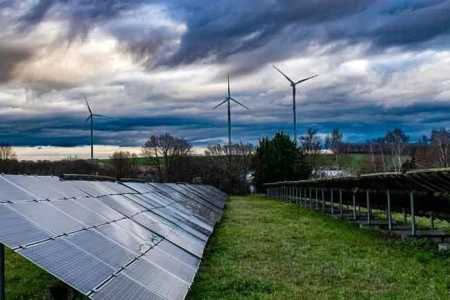Climate Change Concerns Among Canadian Farmers

Climate change is profoundly affecting Canadian agriculture, with farmers across the country expressing diverse concerns based on regional experiences and political perspectives. A recent poll by Farmers for Climate Solutions highlights these regional disparities, underscoring the need for tailored climate policies that address specific challenges faced by farmers in different parts of Canada.
Regional Disparities in Climate Change Concerns
In Eastern Canada, climate change is the predominant concern among farmers. The region has experienced severe weather events, such as flooding and droughts, which have directly impacted crop yields and farm operations. Farmers in this area are particularly worried about the immediate effects of climate change on their livelihoods.
Conversely, in Western Canada, the primary concern revolves around government policies aimed at mitigating climate change. Farmers in the West express apprehension about potential regulations and restrictions that could affect their farming practices and profitability. This concern is often linked to perceptions of increased operational costs and bureaucratic hurdles associated with implementing climate policies.
Impact of Climate Change on Agriculture
Across Canada, climate change has led to unpredictable weather patterns, including extreme temperatures, altered precipitation, and increased frequency of severe weather events. These changes have disrupted traditional farming schedules, affected crop health, and increased the prevalence of pests and diseases. For instance, the Fraser Valley in British Columbia experienced significant flooding in 2021, devastating many farms and highlighting the vulnerability of agriculture to climate-related events.
Government Policies and Farmer Perspectives
The federal government's initiatives to address climate change, such as the proposed 30% reduction in fertilizer emissions, have sparked controversy. While intended to reduce greenhouse gas emissions, these policies have been met with resistance, particularly in Western Canada, where farmers view them as potential threats to their operations. The debate underscores the necessity for clear communication and policies that consider the diverse needs and concerns of farmers across the country.
The Need for Tailored Climate Policies
The regional differences in climate change concerns among Canadian farmers highlight the importance of developing climate policies that are region-specific and consider local agricultural practices and challenges. Engaging farmers in the policy development process and providing support for climate adaptation strategies are crucial steps toward building resilience in the agricultural sector.
As climate change continues to impact Canadian agriculture, understanding and addressing the varied concerns of farmers across the country is essential. By fostering open dialogue and implementing regionally tailored policies, Canada can support its farmers in adapting to climate change and ensuring the sustainability of its agricultural industry.









